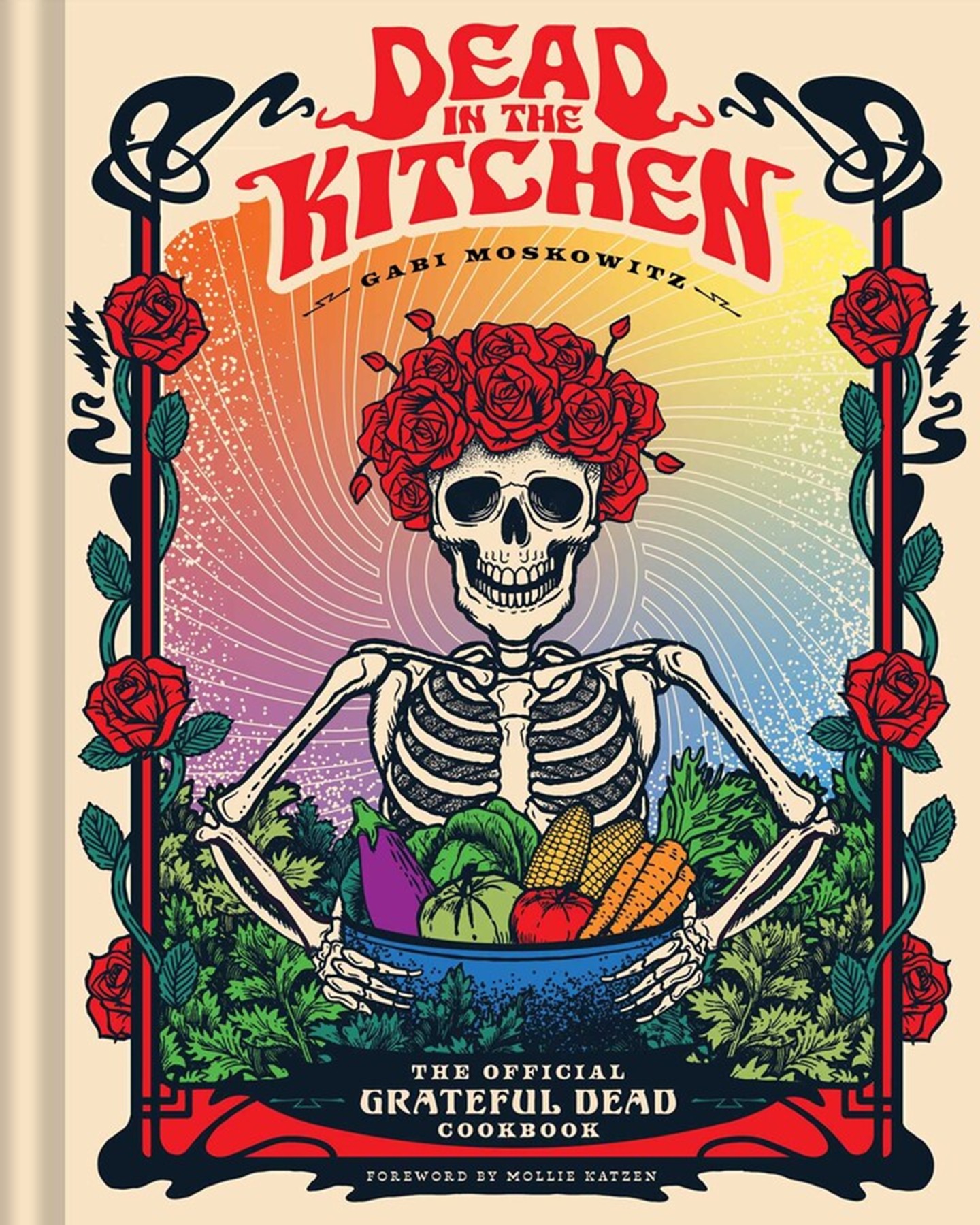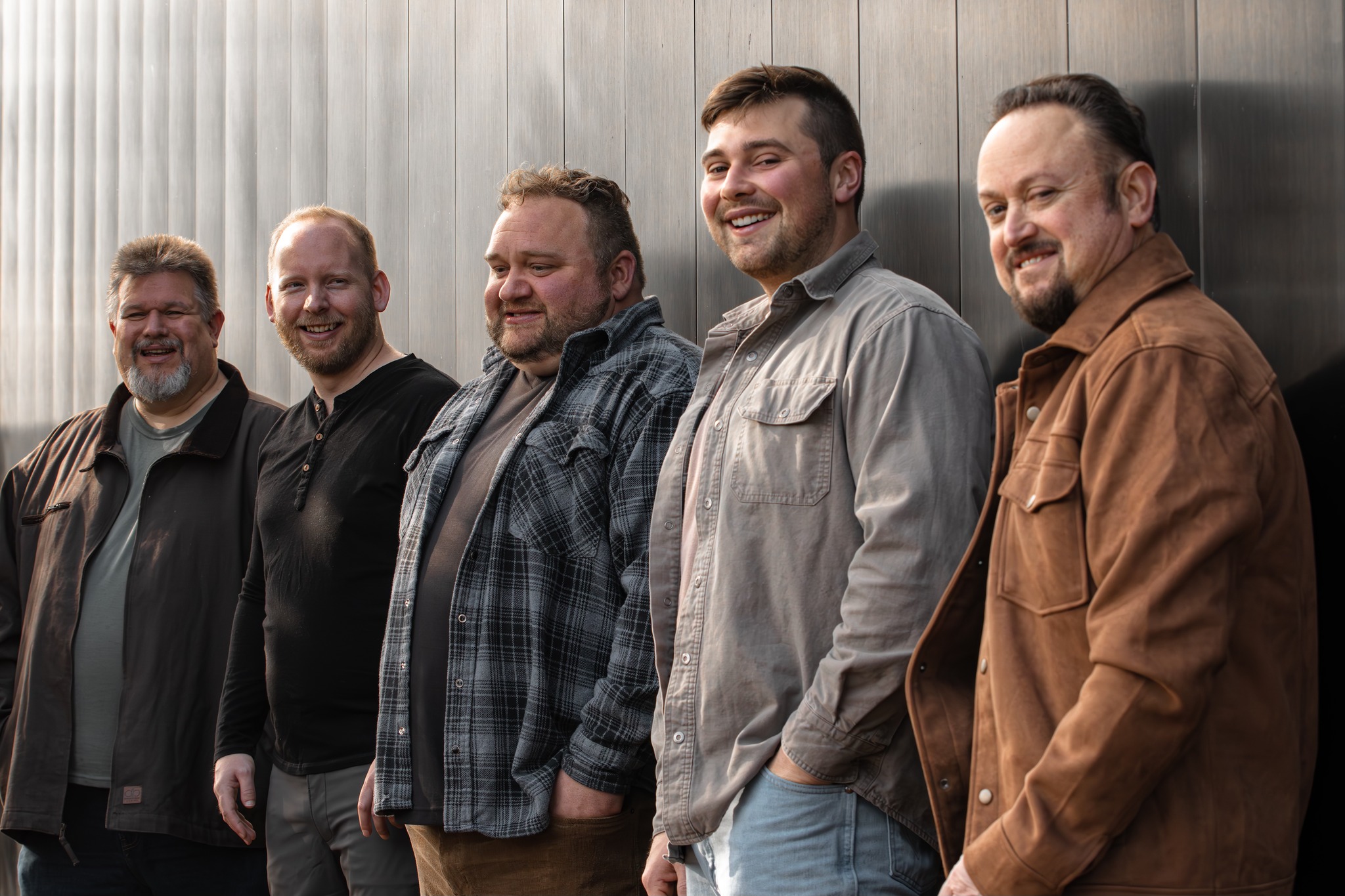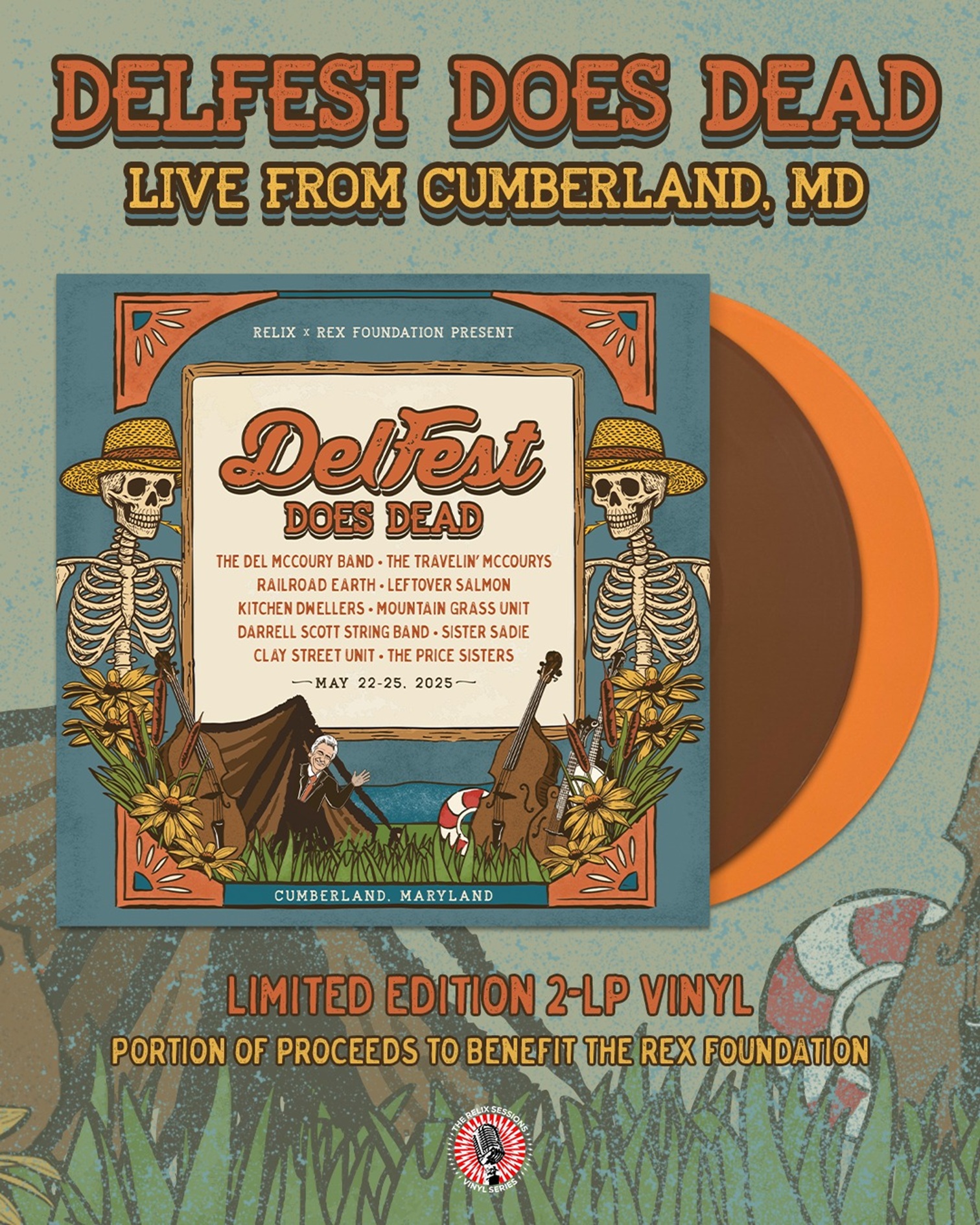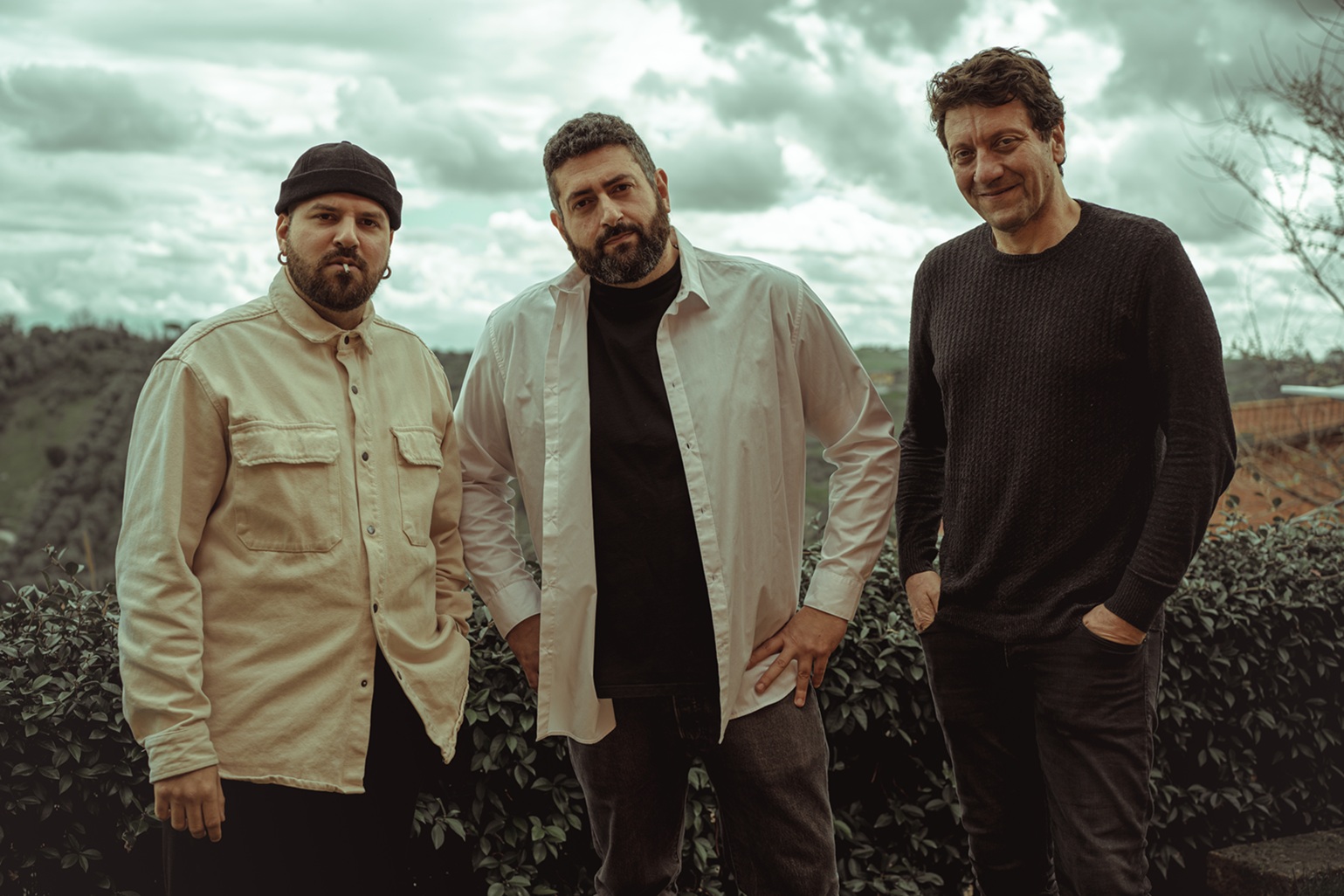Brian Douglas Wilson, the groundbreaking songwriter, producer, and visionary behind the Beach Boys, passed away on June 11, 2025, at the age of 82. Wilson was born on June 20, 1942, in Inglewood, California, and raised in the sunny suburb of Hawthorne, where he formed the iconic band along with his brothers Carl and Dennis, cousin Mike Love, and friend Al Jardine. From humble beginnings rehearsing harmonies at home, the group would soon become synonymous with California’s sun-kissed beaches, youthful exuberance, and intricate, revolutionary soundscapes.
Wilson’s genius first emerged prominently in the early 1960s with hits like "Surfin’ U.S.A.," "I Get Around," "California Girls," and "Fun, Fun, Fun," but it was his groundbreaking 1966 album, "Pet Sounds," that solidified his position as one of pop music’s most significant innovators. Celebrated for its lush orchestration, experimental arrangements, and emotionally resonant songwriting, "Pet Sounds" influenced generations of artists, most famously inspiring The Beatles’ "Sgt. Pepper's Lonely Hearts Club Band."
On the evening of April 27, 1971, during the Grateful Dead's memorable five-night run at New York’s iconic Fillmore East, Brian Wilson and his Beach Boys bandmates—Carl Wilson, Mike Love, Al Jardine, and Bruce Johnston—surprised the audience with an extraordinary onstage collaboration. Jerry Garcia playfully introduced them as "another famous California group," and together the bands launched into energetic renditions of The Coasters’ “Searchin’” and The Robins’ “Riot in Cell Block #9.” They followed with Beach Boys classics such as “Good Vibrations,” “I Get Around,” “Help Me Rhonda,” as well as spirited covers of Merle Haggard’s “Okie from Muskogee” and Chuck Berry’s timeless “Johnny B. Goode.” This joyful and unexpected fusion highlighted Wilson’s adventurous spirit and his willingness to blur musical boundaries with authenticity and delight.
Wilson’s quest for perfectionism pushed him to new heights with the single "Good Vibrations," a sonic masterpiece that showcased his pioneering work in studio experimentation. His ambitious follow-up project, "Smile," became legendary both for its artistic ambition and Wilson’s struggles during its creation, ultimately remaining unfinished until Wilson revisited and completed it in 2004. Its release as "Brian Wilson Presents Smile" earned him renewed acclaim and a Grammy Award.

Despite his musical brilliance, Wilson’s life was profoundly marked by personal struggles. Battling mental health challenges, including schizoaffective disorder, anxiety, and periods of intense isolation, he stepped back from touring in the mid-1960s, focusing instead on studio innovation. A controversial therapeutic relationship in the 1980s briefly brought more turmoil, though eventually Wilson regained control of his life and career.
In later decades, Wilson experienced a profound creative resurgence, touring extensively, releasing acclaimed solo records, and finally enjoying the recognition his earlier struggles had obscured. Wilson was inducted into both the Rock & Roll Hall of Fame and the Songwriters Hall of Fame, reflecting his immense contribution to American music.

In recent years, Wilson faced health challenges, particularly after the loss of his wife Melinda in early 2024. Diagnosed with a neurocognitive disorder, he withdrew from public life, receiving care from his family and trusted guardians. He passed peacefully, surrounded by loved ones.
Brian Wilson leaves behind a monumental legacy defined by musical innovation, heartfelt songwriting, and an unwavering determination to explore the possibilities of sound. His songs continue to resonate deeply across generations, embodying timeless themes of love, joy, longing, and the beauty of vulnerability. The Beach Boys’ music, inseparable from Wilson’s artistic genius, remains forever embedded in the fabric of popular culture, continuing to touch lives and inspire future musicians worldwide.






















